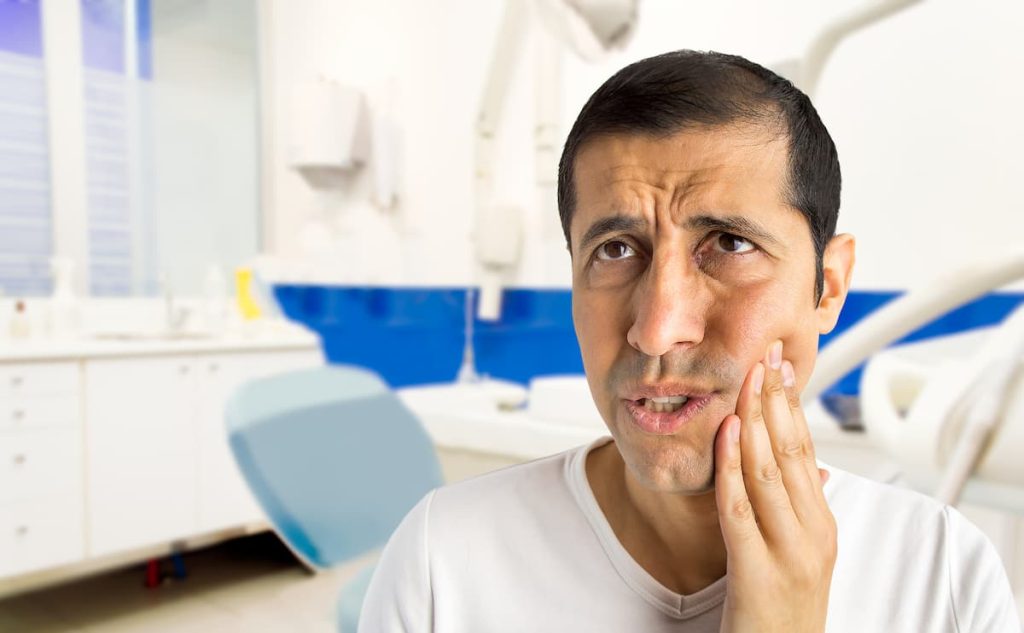
Stress is a well-known inhibitor of good physical and mental health. When it comes to dental health, stress can have a surprisingly negative impact. This is because stress can lead to unhealthy behaviors that can harm your teeth, gums, and overall oral health.
Some of the ways in which stress can impact your dental health include:
– Clenching or grinding your teeth
– Eating sugary or acidic foods
– Drinking alcohol
– Smoking
All of these behaviors can lead to damage of the teeth and gums. In some cases, stress can also lead to gum disease. While it’s not always possible to eliminate stress from your life, there are some things you can do to manage it in a way that doesn’t hurt your dental health. Keep reading to learn more about the truth about how stress affects your dental health!
The Connection Between Stress and Dental Health
When it comes to dental health, it is important to understand that stress is a major factor. In fact, stress can lead to a wide variety of harmful behaviors that can have a negative impact on your oral health. For example, people with high levels of stress are more likely to grind and clench their teeth, eat sugary and acidic foods, drink alcohol, and smoke.
All of these behaviors can put your teeth and gums at risk. Grinding and clenching can lead to tooth damage or even loss; sugary and acidic foods can cause cavities and weaken the enamel of your teeth; drinking alcohol can dry out your mouth, leading to bad breath, gum disease, and tooth decay; and smoking can reduce the flow of saliva and lead to gum disease.
It is important to understand that managing stress is essential when it comes to protecting your dental health. Stress can lead to unhealthy behaviors that can have a long-term impact on your oral health. Learning to manage stress in a healthy way and avoiding activities that lead to dental harm is the key to protecting your teeth and gums.
The Different Ways That Stress Can Impact Your Dental Health
While it is well-established that stress will increase the chances of unhealthy behaviors, such as grinding and clenching teeth, eating sugary and acidic foods, drinking alcohol, and smoking cigarettes, there are other subtle ways that it can impact your dental health.
Stress can lead to changes in the immune system that may result in a decrease in antibody levels and a strengthened inflammatory response. This can make people more susceptible to gum disease, periodontitis, and cavities. Even just being under a lot of stress can affect the structure of the teeth, leading to enamel erosion and other dental issues.
Stress can also weaken or disrupt the oral microbiome, leading to an increase in the bacteria associated with periodontal disease and inflammation. This, in turn, can increase the risk of other conditions, such as gingivitis.
Finally, stress can lead to dry mouth, which can make people more prone to tooth decay and gum disease. To combat this, it is important for people under a lot of stress to stay properly hydrated and to maintain good oral hygiene, such as brushing two or three times a day.
The Impact of Long-Term Stress on Dental Health
Long-term stress can cause a variety of dental problems, such as crooked teeth, severe tooth decay, and cavities. It can also lead to serious complications such as periodontal disease and jaw problems, which can cause chronic pain and negatively affect chewing and speaking.
It is very important to minimize stress levels to maintain good overall health. People who are under a lot of stress should visit the dentist regularly and practice good oral hygiene to reduce the risk of dental issues.
Receiving regular professional dental cleanings can help reduce the spread of bacteria and plaque that can build up on teeth. It is also essential to ensure that any existing oral hygiene issues are addressed appropriately by us.
Oral hygiene habits such as brushing, flossing, and rinsing should be incorporated into a daily routine. Looking after your dental health is essential for both good physical and mental health.
Making sure to get plenty of rest and practice healthy coping mechanisms for when stress does arise can help protect dental health. Taking up relaxation techniques such as yoga or meditation can also help reduce stress related to dental health.
Tips for Managing Stress to Protect Your Dental Health
There are some effective tips that can help you manage stress and protect your dental health.
- Take up relaxation techniques such as yoga, meditation or tai chi. Practicing these techniques can help you remain calm and focused, reducing the number of stress-related hormones released in your body.
- Maintain a regular sleep schedule and ensure you’re getting enough quality sleep. The body needs time to rest, recharge and repair itself.
- Exercise regularly, as physical activity releases endorphins that can help your body feel relaxed.
- Eat healthily. A balanced diet will provide your body and mouth with the nutrients and minerals it needs to stay healthy.
- Connect with friends and family. Spending time with people who make you laugh and who are there to listen can help reduce the effects of stress.
As You Cope…
Stress can have a detrimental effect on your dental health. It can worsen symptoms of existing dental conditions and lead to the development of new conditions. The best way to protect your teeth and gums is to manage your stress levels. By following the tips mentioned above, you can help reduce the effects of stress on your dental health.
As a final step, make sure to visit your dentist at least once a year for regular checkups and cleanings. We will be able to inspect your teeth and gums for any signs of damage or decay, diagnose any dental conditions, and recommend treatment options.
By monitoring your stress levels and visiting us regularly, you can help keep your dental health in top shape. VIsit our contact page to book an appointment today.

